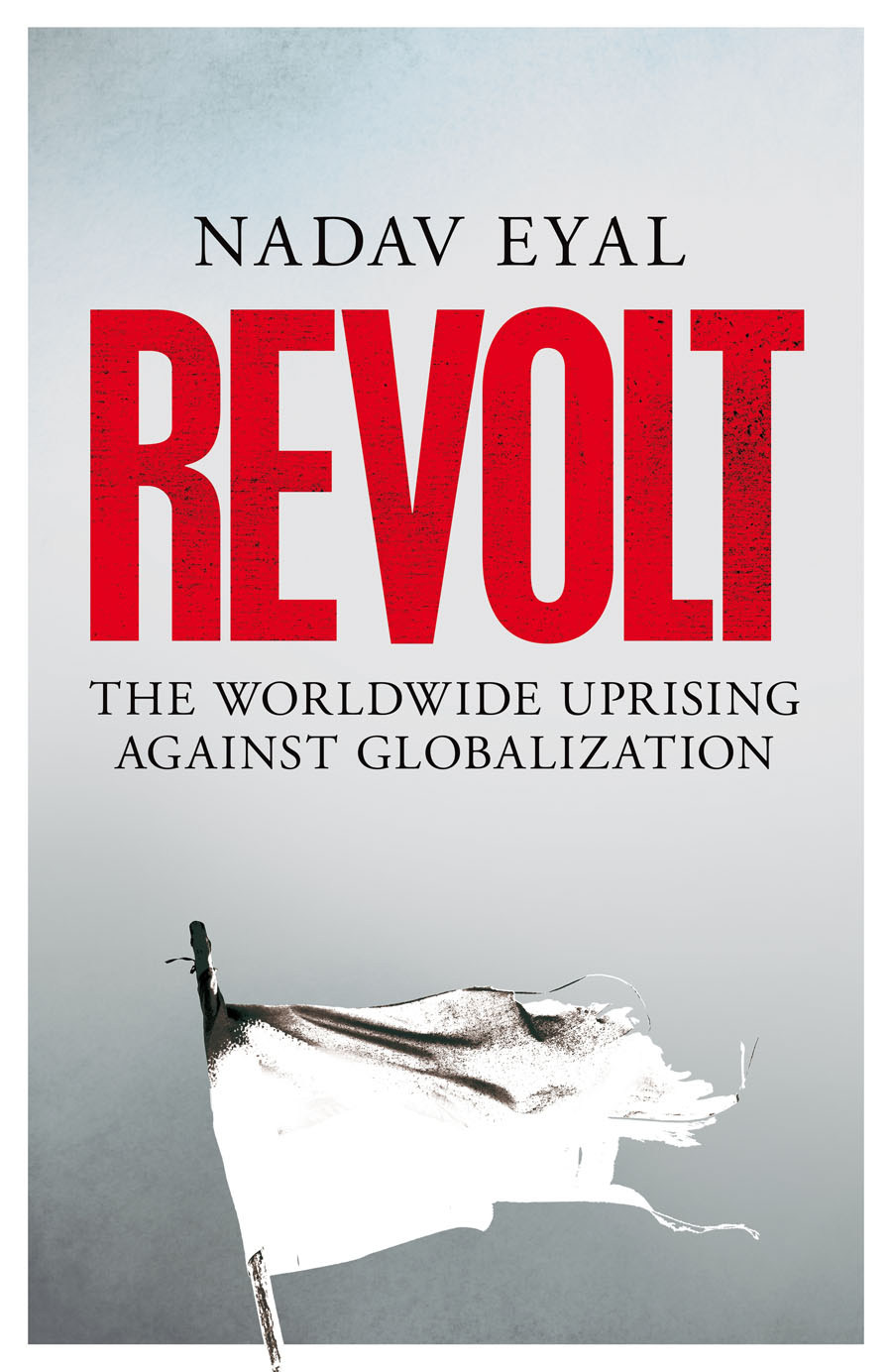In Revolt, Nadav Eyal takes readers on a whirlwind tour of the world, sharing dispatches from various battlegrounds in the uprising against globalisation.
We’re often torn between the virtues and costs of globalisation. A connected world means easier access to information, consumer goods, and deeper relationships across borders. But it also has negative environmental impacts, opaque supply chains that are prone to exploitation, and inequality.
In Revolt: The Worldwide Uprising Against Globalisation (Pan Macmillan), Nadav Eyal not only outlines why our interdependent world has given rise to tensions, he also takes readers to the various fronts of the battle, and into the lives of the people who are impacted most severely.

While Trump soaked up a disproportionate share of the world’s attention in the last four years, Eyal sets the scene for a story that extends far beyond the borders of America. The same resentments, fears, and distrust of the commonly accepted capitalist order of globalisation is beginning to be questioned all over the world.
“The revolt is worldwide, unorchestrated, and fluid.” Writes Eyal. “It is more about the rejection of current power structures than about the fine details of building new ones.”
The fact that people hitherto confined to generations of destitution have found new freedoms — because of globalisation — is not lost on Eyal. He points out that, “…since 1990, more than a billion people have emerged from abject poverty.” It would be beyond glib to characterise globalisation as being ‘all bad’.
So why are people angry?
For one, countries in the global North that have access to poorer countries’ natural resources often exploit “…the disparity in norms between developed economies and developing non-Western ones.” — a phenomenon explored deeply in Guillaume Pitron’s The Rare Metals War. This understandably causes great angst in local populations, who often watch the profits of these ventures leave their shores.
The effects of globalisation cuts across all demographics. The most shocking manifestation of Al Qaeda’s revolt against globalisation, the 9/11 attacks on America saw the country lurch into economic decline, as Eyal illustrates. It rose again, only to smashed by the 2008 global financial crisis — the most the acute realisation of inherent fragilities of a globalised economy. A terrifying reality check for the comparatively comfortable middle class.

There are many such examples, time and again throughout the book, that helps readers disabuse themselves of complacency. People face existential environmental threats, demagogues capitalise on nationalistic sentiment — this is happening in the here and now, to people in well-heeled societies, as well as those on the margins.
Revolt does a great job of providing a picture of globalisation that is far more complicated than what we’re used to. As Eyal says, “The augurs of destruction who built nuclear shelters and hoarded gold paid a high price for their anxiety. It was the risk-takers, positive thinkers, and internationalists who prevailed.” Globalisation is a phenomenon that deserves to be evaluated in all its messiness.
Similarly, he advocates for the continued conversation about how globalisation can become more equitable. While the narrative of isolationism is convenient, sometimes even appealing, economic and environmental sustainability — as well as fairness — cannot be achieved one country at a time.
Revolt is out now via Pan Macmillan.


